Taxonab 100mg Paclitaxel Injection
$200.00 – $900.00Price range: $200.00 through $900.00
Taxonab 100 is used to treat various types of cancer, including breast, lung, and ovarian cancers. It contains Paclitaxel, which works by preventing cancer cells from dividing and slowing their growth.
| Pack Size | Price | Price / Unit | Quantity | |
|---|---|---|---|---|
| 1 Injection | $200.00 | $200.00/ unit | ||
| 3 Injections | $570.00 | $190.00/ unit | ||
| 5 Injections | $900.00 | $180.00/ unit |
Looking for bulk / B2B pricing? | Send Inquiry |

| SKU | 11167 |
| Manufacturer | Zydus Healthcare Limited |
| Categories | Anti Cancer |
| Delivery Time | 10 - 14 Working Days |
| Strength | 100mg |
Introduction to Taxonab 100mg Injection
Taxonab 100 mg Injection is a chemotherapy medication that contains the active ingredient paclitaxel. It is primarily used to treat various types of cancer, such as ovarian, breast, lung, and non-small cell lung cancer.
As a member of the taxane family of drugs, Taxonab works by interfering with the normal functioning of microtubules, which are essential for cell division, preventing cancer cells from multiplying.
The injection is usually administered intravenously by a healthcare professional in a controlled clinical setting. The specific dosage and schedule depend on the type of cancer, the patient’s condition, and their overall response to treatment.
Uses of Taxonab 100mg Injection
Taxonab 100 mg Injection is used to treat several types of cancer, including:
- Breast Cancer
- Ovarian Cancer
- Non-Small Cell Lung Cancer (NSCLC)
- Kaposi’s Sarcoma
- Pancreatic Cancer
How Does Taxonab 100 Works?
Taxonab 100mg Injection works by interfering with the microtubule structures in the cell (substance which aids cancer cells to divide and multiply) thus inhibiting the growth of cancer cells and preventing its spread in affected individuals.
Side Effects of Taxonab 100mg
Common Side Effects
- Hair loss (alopecia)
- Nausea and vomiting
- Fatigue and weakness
- Mouth sores (stomatitis)
- Diarrhea or constipation
- Loss of appetite
Serious Side Effects
- Severe Allergic Reactions
- Low White Blood Cell Count
- Low Red Blood Cell Count
- Low Platelet Count
- Peripheral Neuropathy
Dosage of Taxonab 100 mg
The dosage of Taxonab 100 mg Injection depends on the type of cancer being treated, the patient’s body surface area, and their overall health condition. Typically, it is administered as an intravenous infusion over 3 hours, once every 3 weeks.
The exact dosage and schedule may vary, and it is often used in combination with other chemotherapy medications. The healthcare provider will adjust the dosage based on the patient’s response and tolerance to the treatment.
How to Manage Side Effects?
- Stay hydrated – Drink plenty of fluids to prevent dehydration from nausea and vomiting.
- Eat small, frequent meals – Helps reduce nausea and maintains energy levels.
- Use soft toothbrush – Prevent mouth sores by being gentle while brushing teeth.
- Rest regularly – Combat fatigue by taking breaks and avoiding overexertion.
- Wear comfortable clothing – Ease skin irritation and sensitivity from treatment.
- Monitor blood counts – Regular blood tests help manage risk of infections or bleeding.
- Manage pain – Use prescribed medications or over-the-counter pain relief for neuropathy or discomfort.
Warnings & Precautions
Warnings and Precautions for Taxonab 100 mg Injection:
1. Bone Marrow Suppression:
- Can cause low white blood cell, red blood cell, and platelet counts. Regular blood monitoring is essential.
2. Liver Disease:
- Use cautiously in patients with liver impairment; dose adjustments may be necessary.
3. Cardiac Issues:
- Caution in patients with heart disease or arrhythmias, as it may affect heart function.
4. Infection Risk:
- Increases susceptibility to infections due to suppressed immune function.
5. Pregnancy and Breastfeeding:
- Should not be used during pregnancy or breastfeeding due to potential harm to the fetus or infant.
6. Use under Medical Supervision:
- Taxonab should only be administered by healthcare professionals in a controlled setting due to potential serious side effects.
FAQs – Frequently Asked Questions
1. How should taxonab 100mg be taken?
Taxonab is typically administered as an injection by healthcare professionals in hospital or clinical settings. The dosage and frequency of administration will be determined by your doctor based on your medical condition and response to treatment.
2. Can taxonab 100mg be used long-term?
The use of Taxonab and other NSAIDs for long-term treatment should be carefully monitored by a healthcare provider due to the risk of serious side effects. Your doctor will determine the appropriate duration of treatment based on your condition and response to therapy.
3. Can I take other medications with taxonab?
It’s important to inform your doctor about all medications you are currently taking, including over-the-counter drugs and supplements, as they may interact with Taxonab. NSAIDs can interact with certain medications, increasing the risk of side effects or reducing effectiveness.
4. Who should avoid taking taxonab?
Taxonab should be avoided or used with caution in individuals with a history of gastrointestinal ulcers or bleeding, kidney or liver disease, cardiovascular disease, asthma, or allergic reactions to NSAIDs. Pregnant women, breastfeeding mothers, and elderly patients may also require special considerations.
| Pack Size | 1 Injection, 5 Injections |
|---|---|
| Price/Unit | $180/unit, $190/unit, $200/unit |
Be the first to review “Taxonab 100mg Paclitaxel Injection” Cancel reply
Related Products
Anti Cancer
Anti Cancer
Anti Cancer
Anti Cancer
Anti Cancer

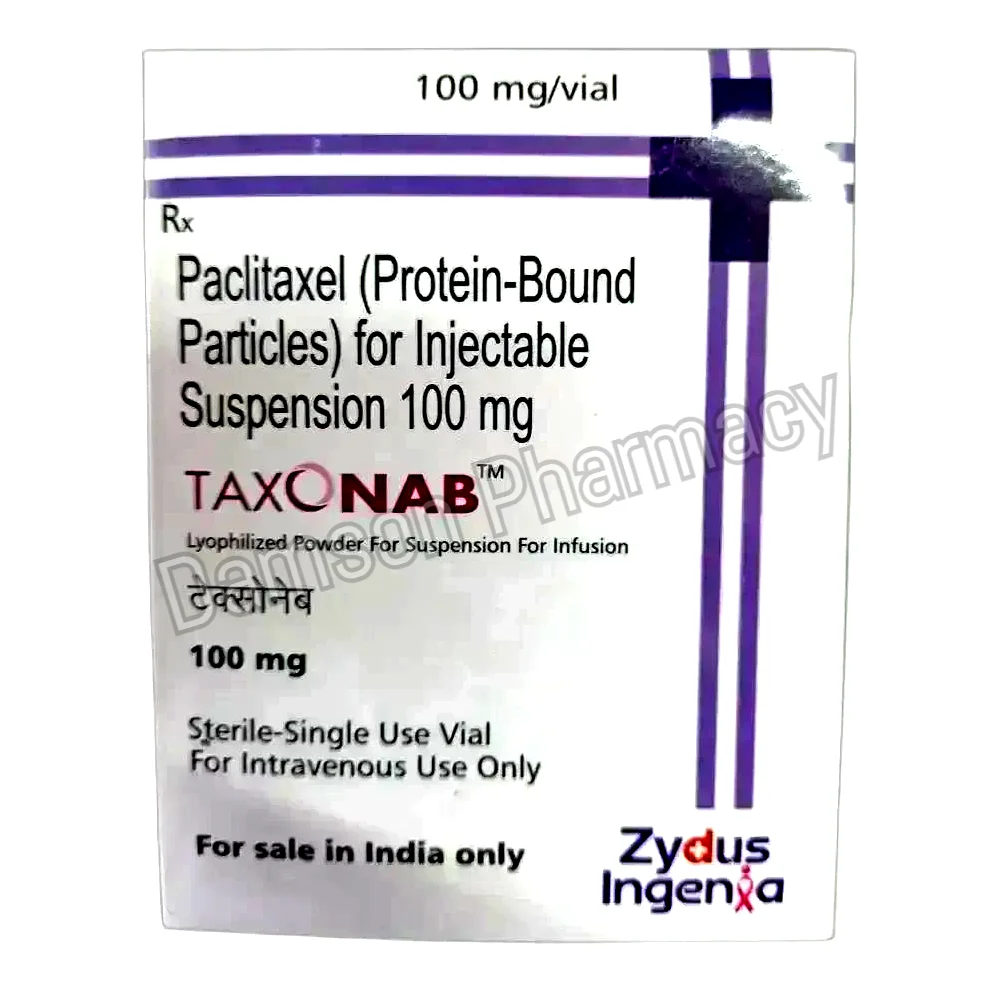
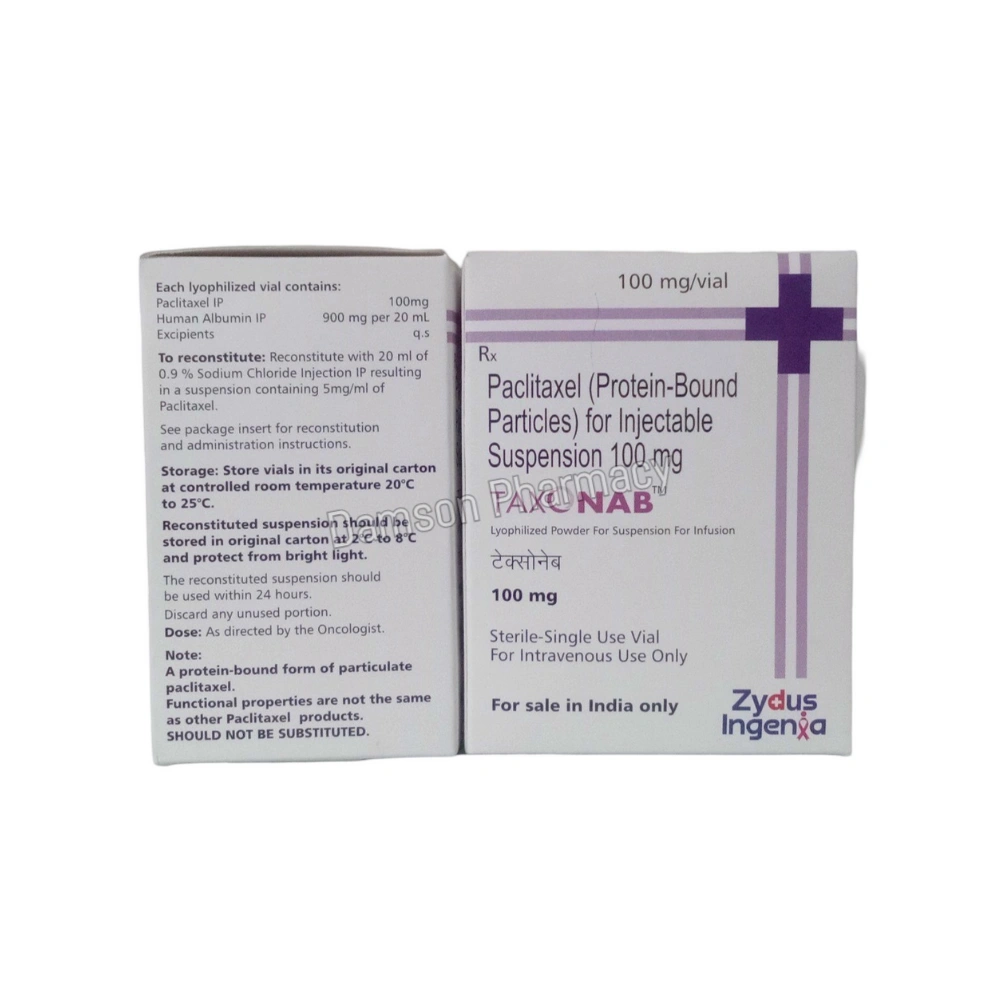

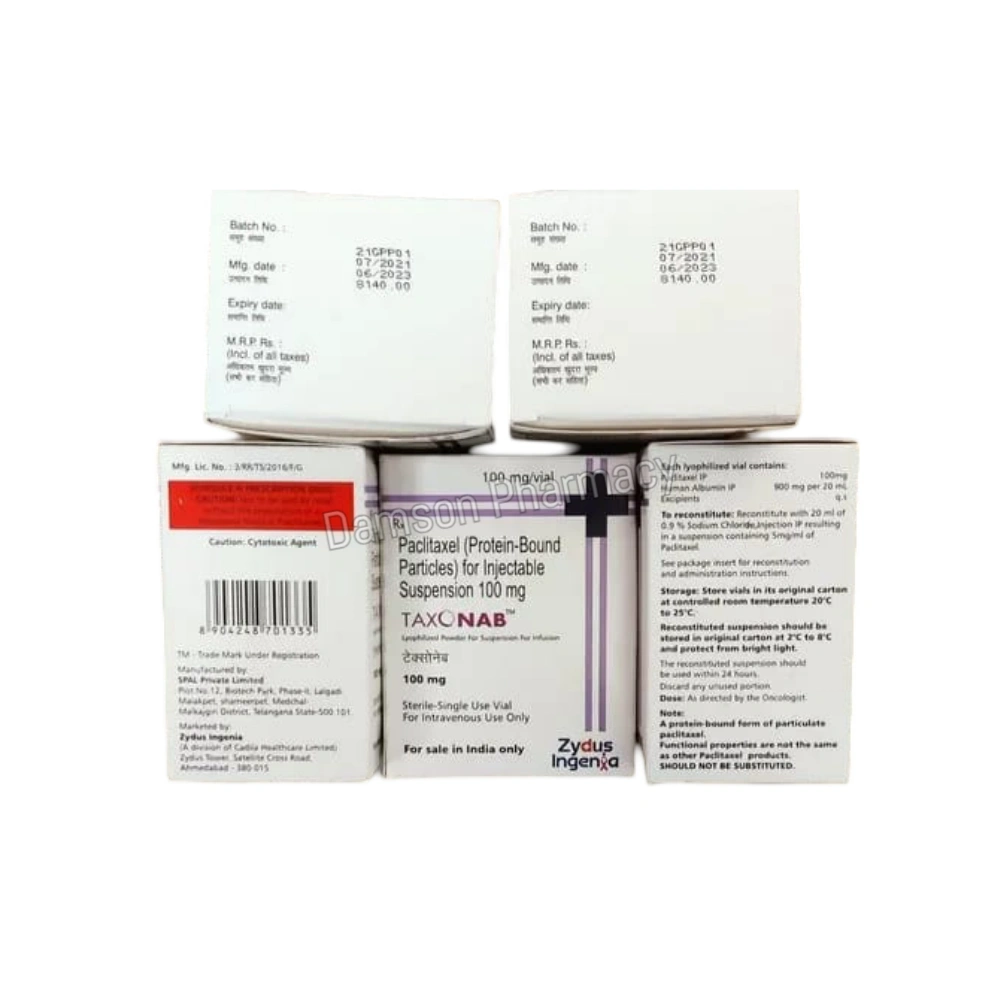
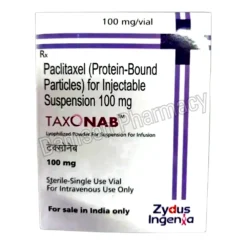
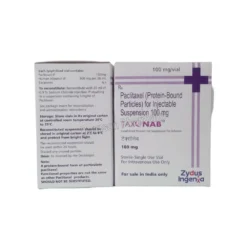
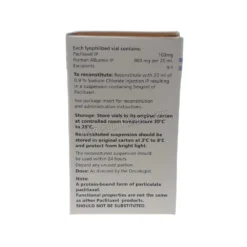
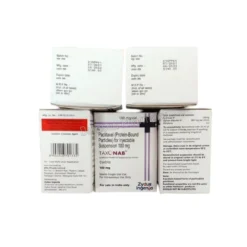

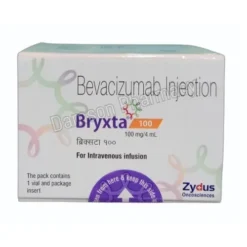


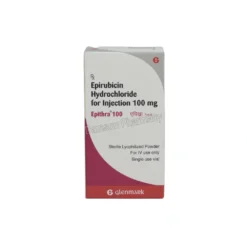
Reviews
There are no reviews yet.